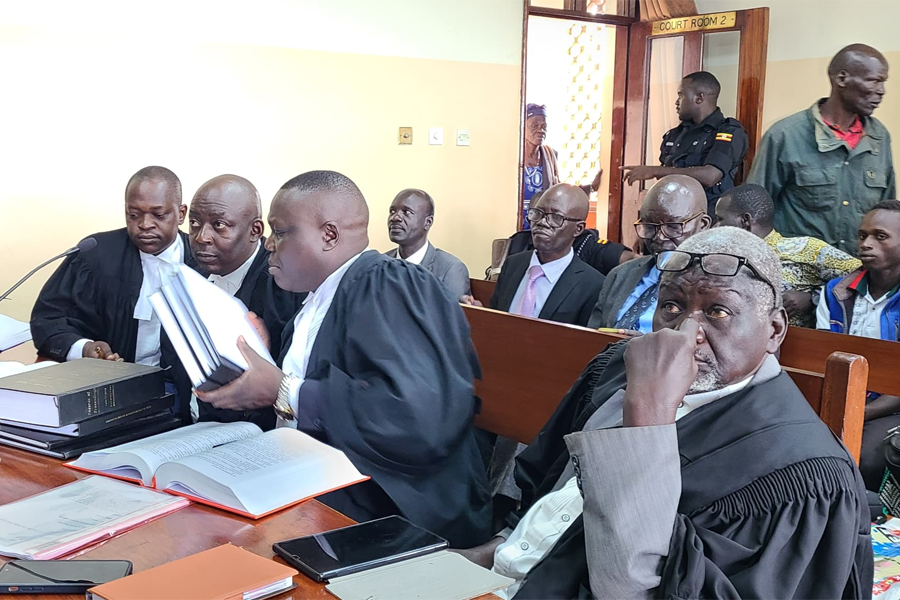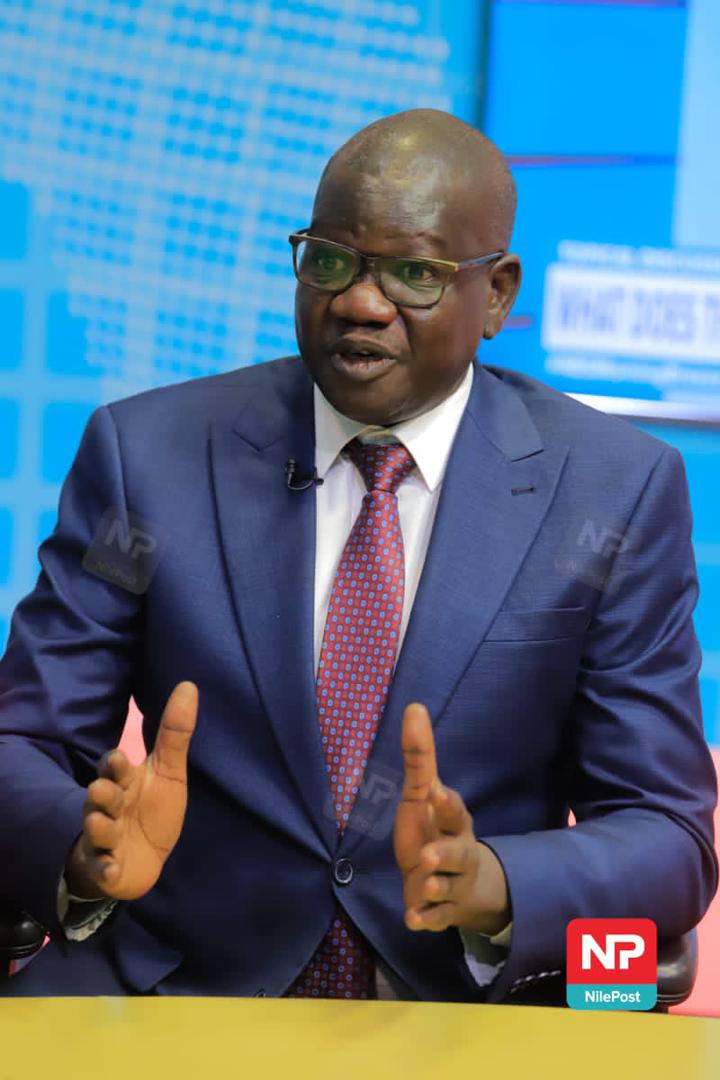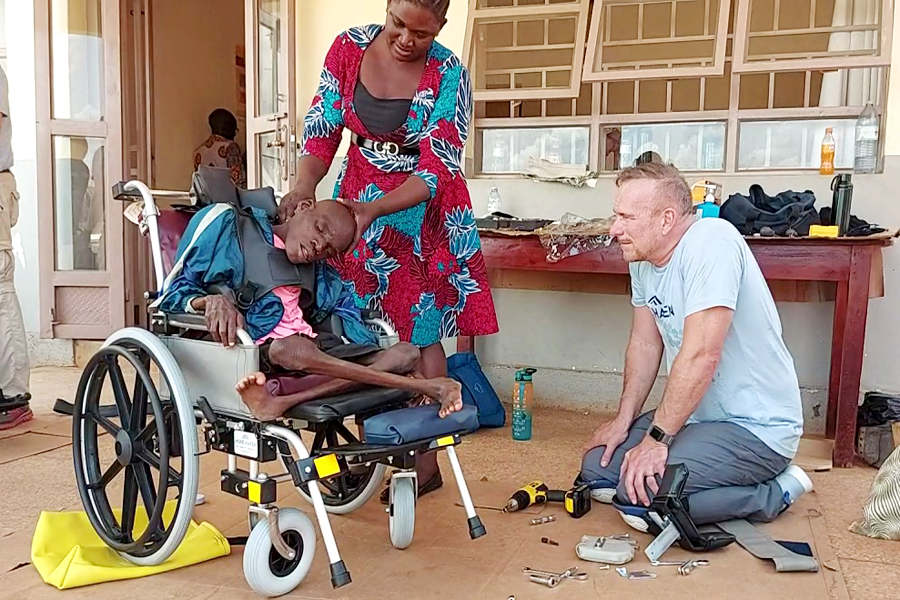Social media is dominated by opposition diehards who have received education of at least O'level. In the recent years, social media has proved to be a fairly effective and favourable communication platform to the opposition in Uganda.
But if Ugandans didn't have an aversion to reading, social media would have been more effective and powerful tools of communication in Uganda for the opposition. For an opposition politician like Bobi Wine to put his messages out there, he has three main options: Traditional media, rallies and social media.
Keep Reading
Given the prevailing circumstances in Uganda, traditional media might not serve as an efficient option because of high and unnecessary censorship levels; the Public Order Management Act (POMA) and other irrational procedures are against opposition political rallies in Uganda.
It's not only hard to make an opposition political rally but also very risky as the National Unity Platform (NUP) Secretary General, David Lewis Rubongoya noted: "If you're an opposition leader in Uganda, you must have ambulance services and health workers on standby at any of your activities. Any time you may need to treat gun shot injuries, and manage fractures due to violence. You must have a health desk at your headquarters."
But even if there were no unfair restrictions on traditional media and holding rallies, it would still be costly and more time consuming to use the two options. Also, it's less likely that a political party can mobilize 50,000 people to converge in a stadium on multiple occasions. In some areas, there are no stadia with a carrying capacity of more than 10,000 people. And in other areas, the best mobilizers either belong to NRM or fear to be seen associating with opposition so openly. With rallies, one may not even correctly asses the impact of his message; one can't tell how many people one's message has resonated with because there are no defined parameters to ascertain so.
So, social media are really important options for a person like Kyagulanyi or any other opposition leader because there's very little censorship on the platforms, it's cost efficient to use them and content, if well promoted, can reach very many people at once with relatively little effort from the content creator. It's not hard to reach 500,000 people on social media with one post or tweet.
NUP or Bobi Wine attracts the most attention on any social medium in Uganda but when you read through comments below Bobi Wine's tweets or posts, you find little evidence that people have had the patience to read and comprehend the tweet or post. Actually, when people like Jimmy Spire Ssentongo share content on social media, you find significant evidence in comments section that a significant portion of commentators took time to read and understand.
The reactions on Spire's (or any person of the like) posts might be fewer than those on any of Bobi Wine's posts, but the percentage of meaningful comments is usually higher below posts or tweets of Spire and people of the like. I understand that people like Spire attract very specific people but it's still disappointing that very few people engage in meaningful discussions below posts of Bobi Wine and other opposition leaders.
I have never had a chance of peering into Bobi Wine's or any of opposition leader's social media insights but I strongly believe that there's always a very striking difference between impressions( the number of times people see a post) and engagements. For instance; If Bobi Wine shares a link, you might find that only 10% of those who see the tweet or Facebook post click on the link to read the whole article.
When Bobi Wine makes a tweet-thread of about five tweets, you find that engagement significantly drops as one goes down the thread. It suggests that many( if not most) of the people who read the tweet-thread lack the attention span to read a thread of at least five tweets. They read about two tweets out of five and proceed to view a Jjemba-meme or a photo of a half-nude young woman.
One may argue that Bobi Wine or other opposition leaders can craft messages in a way that appeals to most people like audio-visual form but truth is, not all kinds of messages can be shared effectively in the same form.
It also renders social media handlers less relevant because in many audiovisual messages, Bobi Wine or a more visible opposition leader must appear themselves. Further still, if the message to be shared isn't Bobi Wine's idea, he will have to read and rehearse before sharing it. In the process of message transition, some depth of the message might be lost. But if it's to be written, the original owner of the content or idea only has to write ( assuming he's a Rubongoya) and share with the Admin to post directly. Nothing gets lost.
Ugandans, sometimes when you pay attention and read a person who has taken time to craft their literary message well, you understand them better. Always read those messages on social media!













